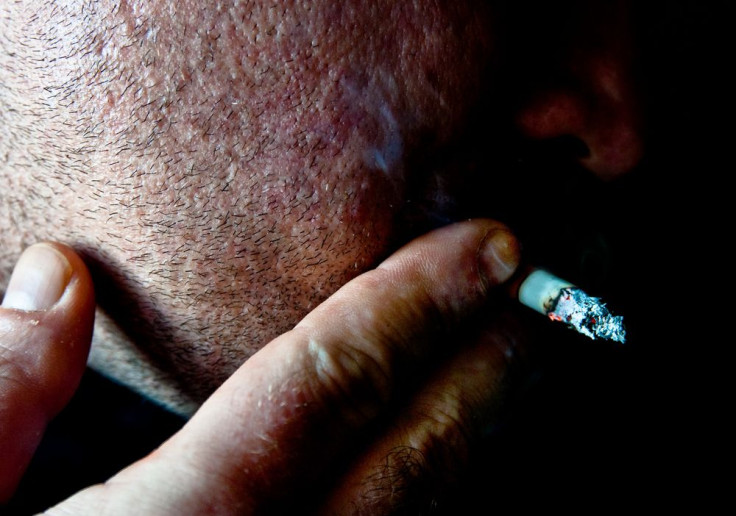How Smoking Changes Your Genes: Cigarettes Linked To Epigenetic Alterations

We all know smoking damages the body, but could it influence our genetic makeup as well? The answer is "yes," according to a team of researchers at Uppsala University and Uppsala General Research Clinic in Sweden. In a new study, they show that cigarette use is associated with a range of deleterious genetic changes. The findings shed new light on the biological processes whereby smoking increases the risk of a variety of diseases and adverse health outcomes.
Although we inherit a fixed set of genes, our genetic material is occasionally reshaped by so-called epigenetic alterations — chemical fluctuations in the DNA that influence the activity of certain genes. These alterations typically arise from biological processes like aging. However, they can also result from environmental factors and lifestyle choices. The new study, which is published in the journal Human Molecular Genetics, sought to determine whether smoking can have this effect on an individual’s genes.
To investigate, the team examined genetic samples from smokers as well as users of non-smoke tobacco. According to lead researcher Åsa Johansson, the smokers exhibited a large number of alterations that could not be found in the control group. "This means that the epigenetic modifications are likely not caused by substances in the tobacco, but by the hundreds of different elements that are formed when the tobacco is burnt," Johansson explained in a press release.
The findings suggest that, besides damaging your lungs, cigarettes can also wreak havoc on genes that control immune responses, sperm quality, and the risk of developing certain diseases. According to the researchers, this expands the current understanding of how smoking affects our overall health. "Our results therefore indicate that the increased disease risk associated with smoking is partly a caused by epigenetic changes,” Johansson told reporters. “A better understanding of the molecular mechanism behind diseases and reduced body function might lead to improved drugs and therapies in the future."
According to the National Institutes of Health (NIH), cigarette smoking is currently the leading cause of preventable illness in the U.S., accounting for 87 percent of all lung cancer deaths. Other health risks include cardiovascular disease, cataracts, hypertension, as well as other respiratory and pulmonary complications.
Click here to learn more about the health risks of smoking as well as ways to kick the habit.
Source: Besingi W, Johansson Å. “Smoke related DNA methylation changes in the etiology of human disease.” Human Molecular Genetics. 2013.
Published by Medicaldaily.com



























